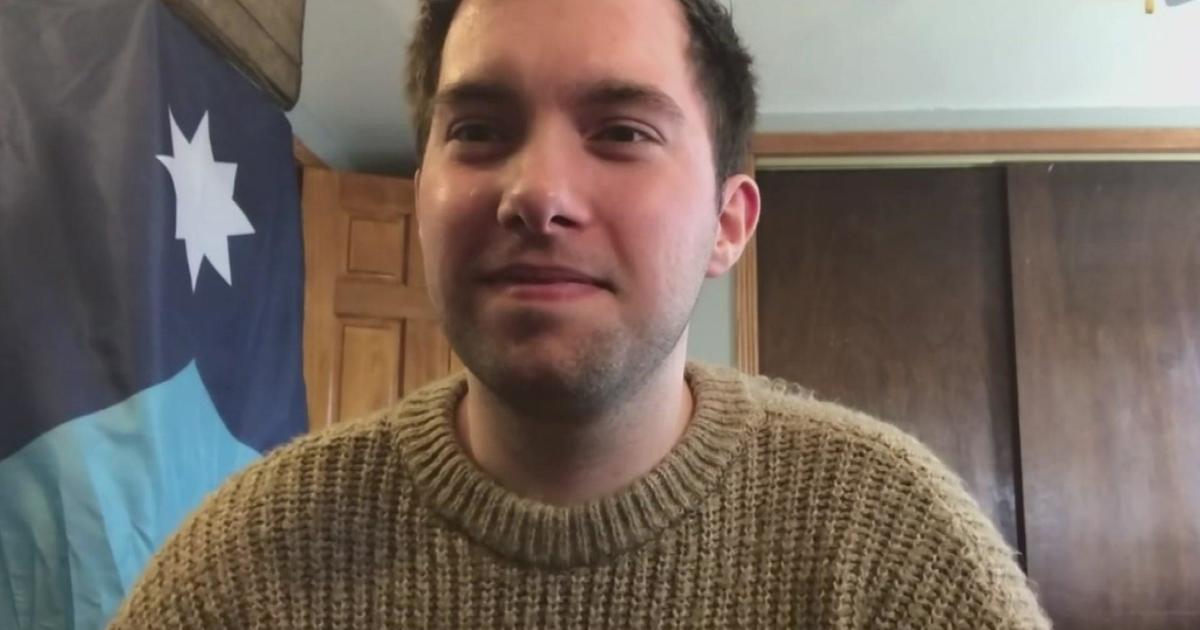Minnesota's Coronavirus Social Distancing Grade Plummets From 'A' To 'D,' Survey Finds
Stay Informed: Coronavirus Latest | COVID-19 Resources | Download CBS Minnesota App | CBSN Minnesota
MINNEAPOLIS (WCCO) -- In late March, as social distancing and stay-at-home orders were still relatively new, a survey found that Minnesota merited top marks for adhering to those policies.
Now, as we stand entering the third month, it appears that Minnesotans are no longer at the head of the class.
A website called Unacast uses cellphone data to see how many people are interacting with each other each day.
They've assigned a score to each of the states. Back in late March, Minnesota earned an "A."
As of May 7, however, the state earns a collective grade of "D."
The biggest culprit for this fall from grace comes from the category of how much Minnesotans have reduced their non-essential visits. Unacast claims that there's been a less than 55% reduction in those, which resulted in a grade of "F" in that category.
On the more positive end, Minnesota got a "C" grade in the category of decrease in encounters density, when held against the current national baseline. That's a category Minnesota has almost always rated either a "B" or a "C."
Kris Ehresmann, director of infectious diseases and epidemiology at the Minnesota Department of Health, acknowledges the challenges of maintaining distance in tighter indoor spaces like grocery store aisles.
"If everybody's buying chocolate chips, perhaps this is the time you grab your milk," Ehresmann said. "We don't want to eliminate all human interaction, but we want to minimize the type of interaction that is dangerous in terms of COVID transmission."
Currently, no state ranks higher than a "C-" in the overall score. Alaska, South Dakota, North Dakota, Maine, Vermont, and Nevada all earned that mark. Twenty-one states currently rate an "F."
The third category Unacast ranks states on is the reduction of overall mobility. With Minnesota hovering between a 25% to 40% reduction, that rated a "D."
WCCO previously talked with Mark Lanterman, who was formerly in the United States Secret Service Electronic Crimes Task Force, and is now the CTO of Computer Forensic Services in Minneapolis. He told WCCO that Unacast bought our data from apps we have on our phones already.
"Most app developers make more money selling our personal information than they do from selling us a 99 cent app," Lanterman said. "We should make sure that we're actually reading the small print when we are installing apps on our devices."
He says the best way to maintain privacy on a smartphone is to disable location services in the phone's settings.



